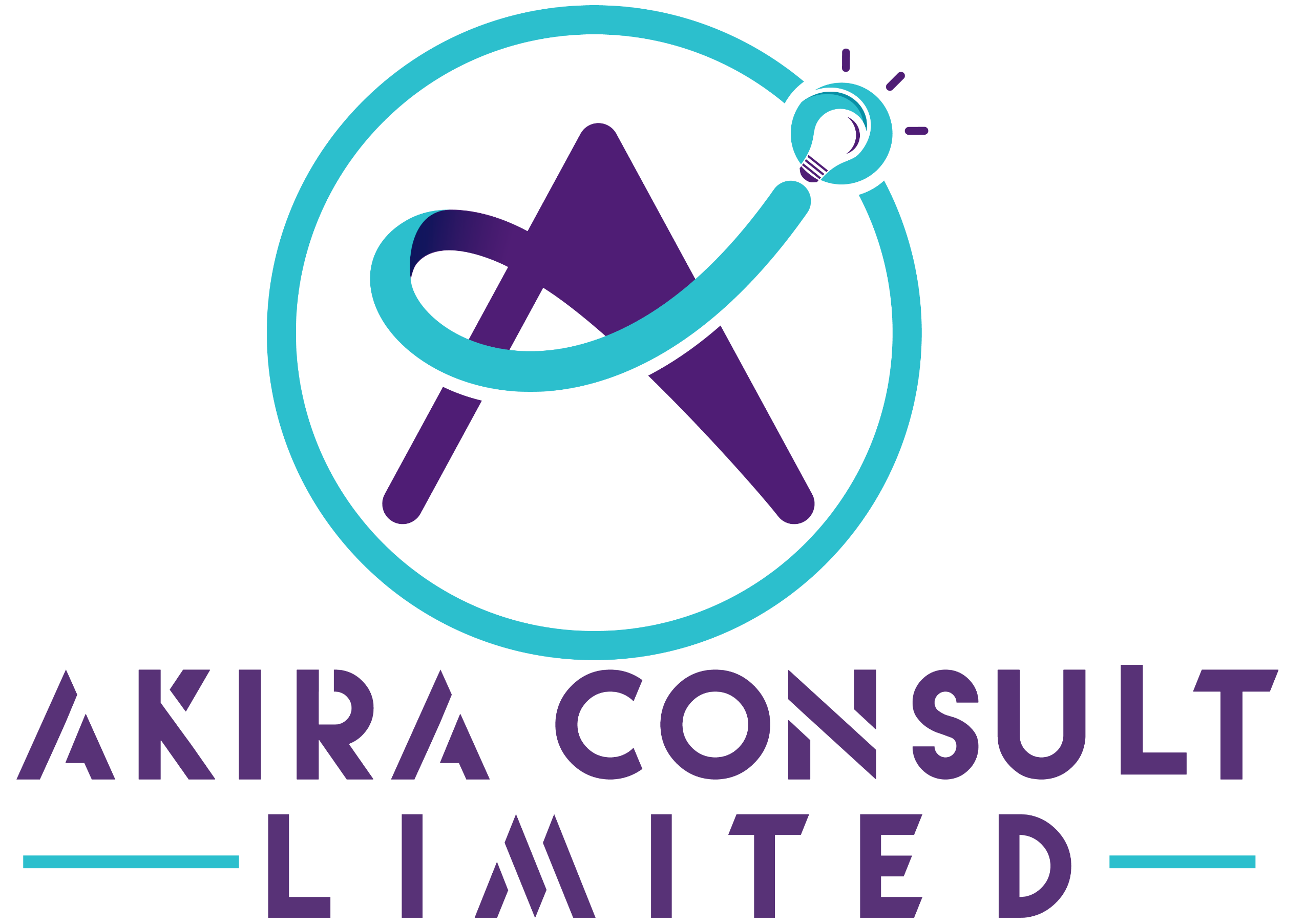Delegation of Authority of a Board- Does the buck move temporarily or stop?
Delegation simply put, is entrusting someone else to do your job. In #governance Delegation of Authority is the subdivision and allocation of power and/or roles and responsibilities from the deciding authority (in this case a Board of Directors) to #Committees or #Management, in order to achieve the organisation’s goals. Usually for a Board, the first point of delegation is in the appointment of a Chief Executive Officer- the #ceo who would then be in charge to run the day to day operations of the organisation.
A #Board may constitute several committees under itself and allocate roles and responsibilities for the committees to apply specific attention and then give recommendations to the Board for ratification. Some of these committees may be recommended under the law (such as an audit and nominations committee) and others may be constituted to enhance the technical capabilities of the Board to guide an organisation strategically.
What are the principles of Delegated Authority?
1. That Authority always flows from the top- If it has not been specifically delegated and documented as being delegated, then the role, responsibility or power has not left the Board. Documentation of its scope and expectations is important.
2. Authority delegates responsibility but accountability remains- The Board can delegate the work but always remains answerable.
3. That responsibility should be monitored and evaluated- just because the role or responsibility has been given, accountability dictates that the Board should periodically seek reports and if the outcome is unsatisfactory, the Board can recall the delegation or reassign the responsibility to another person or authority. That is why proper performance management and evaluation tools are necessary.
To achieve proper delegation of authority, a #boardofdirectors should:
1.Understand their roles and responsibilities and develop a Board Charter for guidance
2. Appoint the right CEO and together, develop a written framework of delegation of authority in order for the CEO to understand their power limits (mandates) and expectations in order to execute effectively
3. Be mindful of what committees are necessary and which would be useful in order to increase the effectiveness of the Board. Some could be standing committees and others could be ad-hoc. In each case, develop committee charters that guide their responsibilities and provides for a ratification process
4. Always keep in mind that any delegation of authority does not in itself discharge the Board from remaining accountable. That is why scheduled board meetings are necessary for the Board to receive updates and apply its collective mind on the matters presented to it and provide guidance and make decisions.
In case you need further guidance on how to #delegate, what to delegate and most important, documentation of delegated authority, speak to us at Akira Consult today!
- Nairobi
- +254 115 809312
